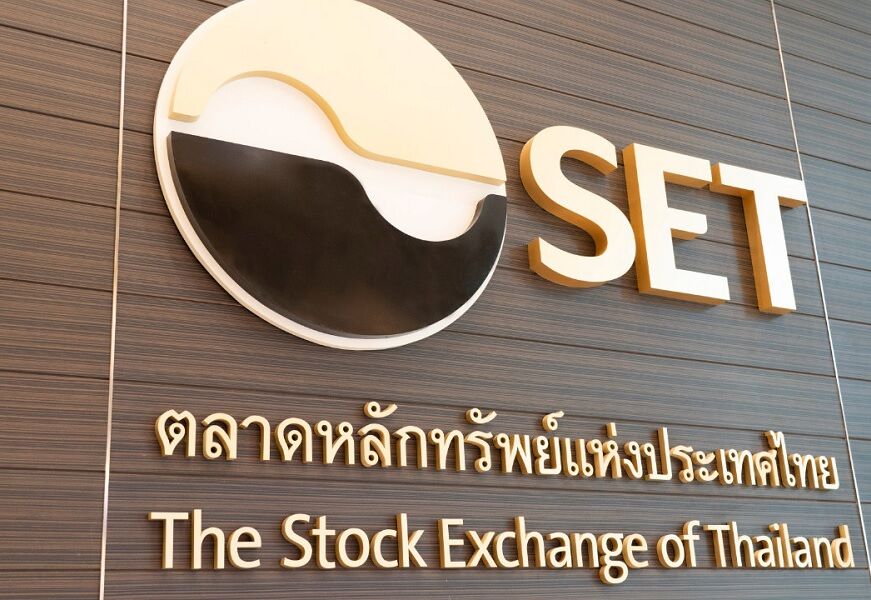Promising future for Thai SET in healthcare, tourism, food sectors

Despite the slow recovery of the Stock Exchange of Thailand (SET) from last year’s significant slump, executives see a promising future in healthcare, tourism, and food stocks. They believe these sectors can offer attractive opportunities for investors and encourage more companies to enlist on the bourse.
Manpong Senanarong, SET Senior Executive Vice-President and head of the Issuer and Listing Division, stated that Thailand’s competitive advantage lies in these sectors. The country’s healthcare industry, for instance, is robust, with significant hospital players that can branch out into related businesses like wellness and medical equipment, along with additional value-added services. This growth is backed by Thailand’s transition into an ageing society.
Similarly, the tourism and food industries have shown substantial growth. The country’s rich biodiversity gives the food industry a competitive edge, with plant-based food being a new avenue for manufacturers to explore.
SET President Pakorn Peetathawatchai echoed these sentiments, pinpointing digital nomads and health tourism as potential growth areas within the tourism sector. However, he also noted that the SET index had fallen 14% in 2023, mirroring the drop in other regional bourses, and has fallen 6.3% year-to-date. This is primarily due to lower-than-anticipated corporate earnings, a slow post-pandemic economic recovery, and the rise in energy expenses resulting from global geopolitical tensions.
Despite these challenges, Pakorn asserts that the capital market continues to function well in terms of capital funding through initial public offerings and liquidity conditions, leading at the ASEAN level.
The SET, adapting proactively to shifting investor demographics, has developed new products to cater to evolving investor preferences. For instance, Gen Z accounted for 33% of new retail investors on the SET last year, a significant increase from 20% in 2021. In response, the bourse has developed new alternative products such as small-size stocks, inverse exchange-traded funds (ETFs), and depositary receipts (DRs) that allow investors to invest in global stocks like Tesla, Amazon, and Google.
Rinjai Chakornpipat, Senior Executive Vice-President and head of the Market Division reported that 26 DRs have been launched, including six fractional DRs, along with eight derivative warrants and four ETFs, reported Bangkok Post.
Latest Thailand News
Follow The Thaiger on Google News:


























